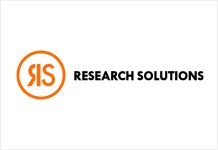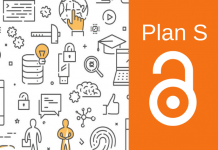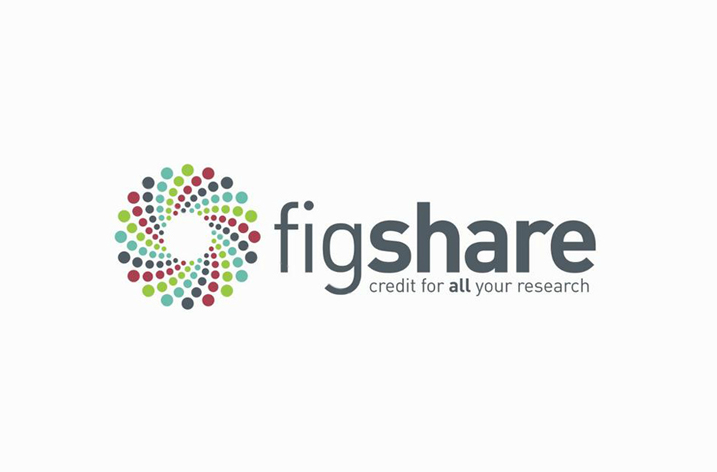
Data show that open access monographs receive significantly more use and citations than their non-open counterparts and are more successful at reaching audiences beyond the academy
The MIT Press announces the release of a report on its Direct to Open (D2O)program detailing the impact that it has had in its first three years. Launched in 2021, D2O is a sustainable framework for open access monographs that shifts publishing from a solely market-based, purchase model where individuals and libraries buy single eBooks, to a collaborative, library-supported open access model.
“Direct to Open is a game changer,” said Amy Brand, director and publisher at the MIT Press. “We’ve been shaking things up at the MIT Press for over 60 years, changing how knowledge flows between academics and the world. D2O has exceeded expectations in its first three years, and we’re thrilled to share the impact.”
To date, D2O has funded 240 books: 159 in the Humanities and Social Sciences (HSS), and 81 in Science, Technology, Engineering, Art/Design, and Mathematics (STEAM). The data show that, on average, open access HSS books in the program are used 3.75 times more and receive 21% more citations than their paywalled counterparts. Open access books in STEAM fields are used 2.67 times more and receive 15% more citations than their non-open counterparts, on average. Regardless of their field, D2O books are making meaningful contributions to debates both within and beyond the academy.
“In my course, I used the software platform Perusall to let students comment and ask questions on our D2O book Model Systems in Biology in an online group setting,” said Georg Striedter, professor in the department of neurobiology and behavior at the University of California, Irvine. “This interactive approach made the readings more engaging for the students and allowed me to monitor their comprehension and interests effectively. This approach isn’t possible with high-cost textbooks that my students can’t easily afford. Thus, the D2O option has notably improved the book’s accessibility, benefiting both my teaching and the students’ learning experience. Thank you, MIT Press.”
“For the Indian market, MIT Press books are prohibitively expensive,” said Janaki Srinivasan, associate professor at the International Institute of Information Technology in Bangalore, India and author of The Political Lives of Information: Information and the Production of Development in India. “Book stores are reluctant to stock them and they are also expensive for individual buyers. People are very interested in the book in India, where the book is based, so it’s been a blessing to have the open access edition. Several people I met during my talks and at other events in India said they were able to access the book because it was open access.”
“Open access is very important in my field of anthropology,” said Elizabeth Carpenter-Song, research associate professor in the department of anthropology at Dartmouth College and author of Families on the Edge: Experiences of Homelessness and Care in Rural New England. “Our work often speaks to issues that are relevant to non-specialists and open access helps to build bridges to other fields and audiences. The D2O version of my book has enabled me to reach colleagues in anthropology, as well as clinical and social services and community stakeholders who have used the book to inform their understanding of regional housing issues. I firmly believe that the open access option has allowed the book to be much more broadly disseminated and used.”
At a time when average print runs for academic monographs are often in the low hundreds, books in the D2O program are reaching larger audiences online than ever before—averaging 3,061 downloads per title and bringing important scholarship to international audiences.
“D2O is meeting the needs of academics, readers, and libraries alike, and our usage and citation stats demonstrate that readers around the world are embracing open access scholarship across a wide range of fields and for many purposes—from the classroom to research projects to professional interest reading,” said Amy Harris, senior manager, library relations and sales at the MIT Press. “This further aligns the work of the MIT Press with the mission of MIT to advance knowledge in science, technology, the arts, and other areas of scholarship to best serve the nation and the world, and provides opportunities for expansion of the model in the forthcoming years.”
The MIT Press is now accepting commitments for Direct to Open in 2025 and invites libraries and library consortia to participate. For details, please visit mitpress.mit.edu/D2O or contact the MIT Press library relations team at mitp-library-relations@mit.edu.
###
Important statistics
- 240 – number of books funded via D2O
- 339 – number of authors who have published works in the D2O program
- 483,623 – total number of times D2O books have been downloaded
- 12.74% / 54.78% / 32.48% – percentage of humanities/social sciences/STEM in D2O
9 D2O books with >10,000 downloads
- Active Inference: The Free Energy Principle in Mind Brain and Behavior by Thomas Parr, Giovanni Pezzulo, and Karl J. Friston
- The Entangled Brain: How Perception Cognition and Emotion Are Woven Together by Luiz Pessoa
- Computational Thinking Education in K–12: Artificial Intelligence Literacy and Physical Computing by Siu-Cheung Kong and Harold Abelson
- Cognitive Robotics edited by Angelo Cangelosi and Minoru Asada
- Sheaf Theory through Examples by Daniel Rosiak
- Movement Matters: How Embodied Cognition Informs Teaching and Learning by Sheila L. Macrine and Jennifer M.B. Fugate
- Artificial Communication: How Algorithms Produce Social Intelligence by Elena Esposito
- Discard Studies: Wasting Systems and Power by Max Liboiron and Josh Lepawsky
- Social Engineering: How Crowdmasters Phreaks Hackers and Trolls Created a New Form of Manipulative Communication by Robert W. Gehl and Sean T Lawson
Top ten countries by downloads
- USA—140,560 downloads
- UK—39,883 downloads
- Germany—32,183 downloads
- Canada—29,886 downloads
- Japan—14,957 downloads
- China—14,809 downloads
- Italy—13,563 downloads
- Spain—12,881 downloads
- Australia—12,235 downloads
- India—11,972 downloads
6 D2O books have received major honors
- The Neurocognitive Theory of Dreaming The Where, How, When, What, and Why of Dreams by G. William Domhoff
Winner, 2023 PROSE Award for Clinical Psychology and Psychiatry - Co-Cities Innovative Transitions toward Just and Self-Sustaining Communities by Sheila R. Foster and Christian Iaione
Winner, 2023 PROSE Award for Architecture and Urban Planning - Insolvent: How to Reorient Computing for Just Sustainability by Christoph Becker
Finalist, 2024 PROSE Award for Engineering and Technology - The Digital Closet: How the Internet Became Straight by Alexander Monea
Next Big Idea Club nominee and Winner, Society for the History of Technology Sally Hacker Prize - Sex Dolls at Sea: Imagined Histories of Sexual Technologies by Bo Ruberg
Winner, Society for Cinema and Media Studies Anne Friedberg Innovative Scholarship Award - The Power of Partnership in Open Government: Reconsidering Multistakeholder Governance Reform by Suzanne J. Piotrowski, Daniel Berliner and Alex Ingrams
Winner, American Society for Public Administration SPAR Best Book Award



























